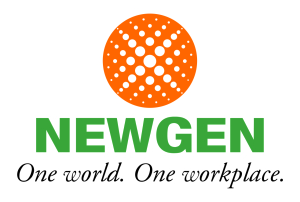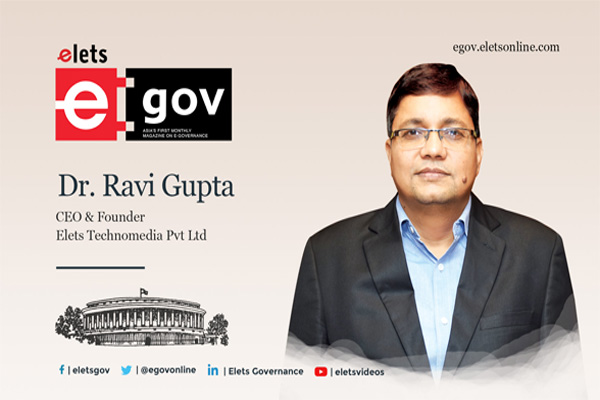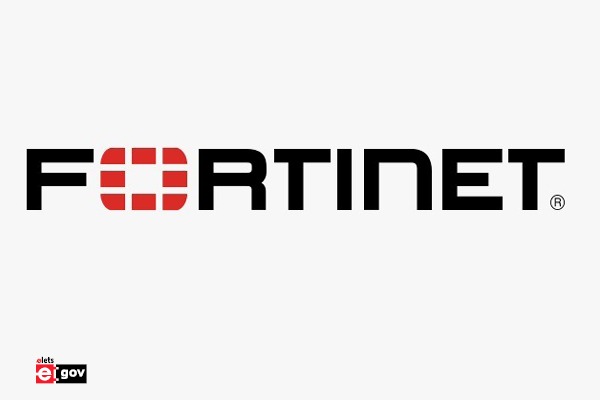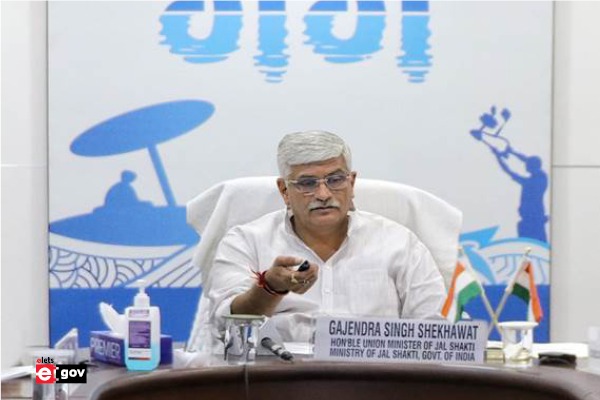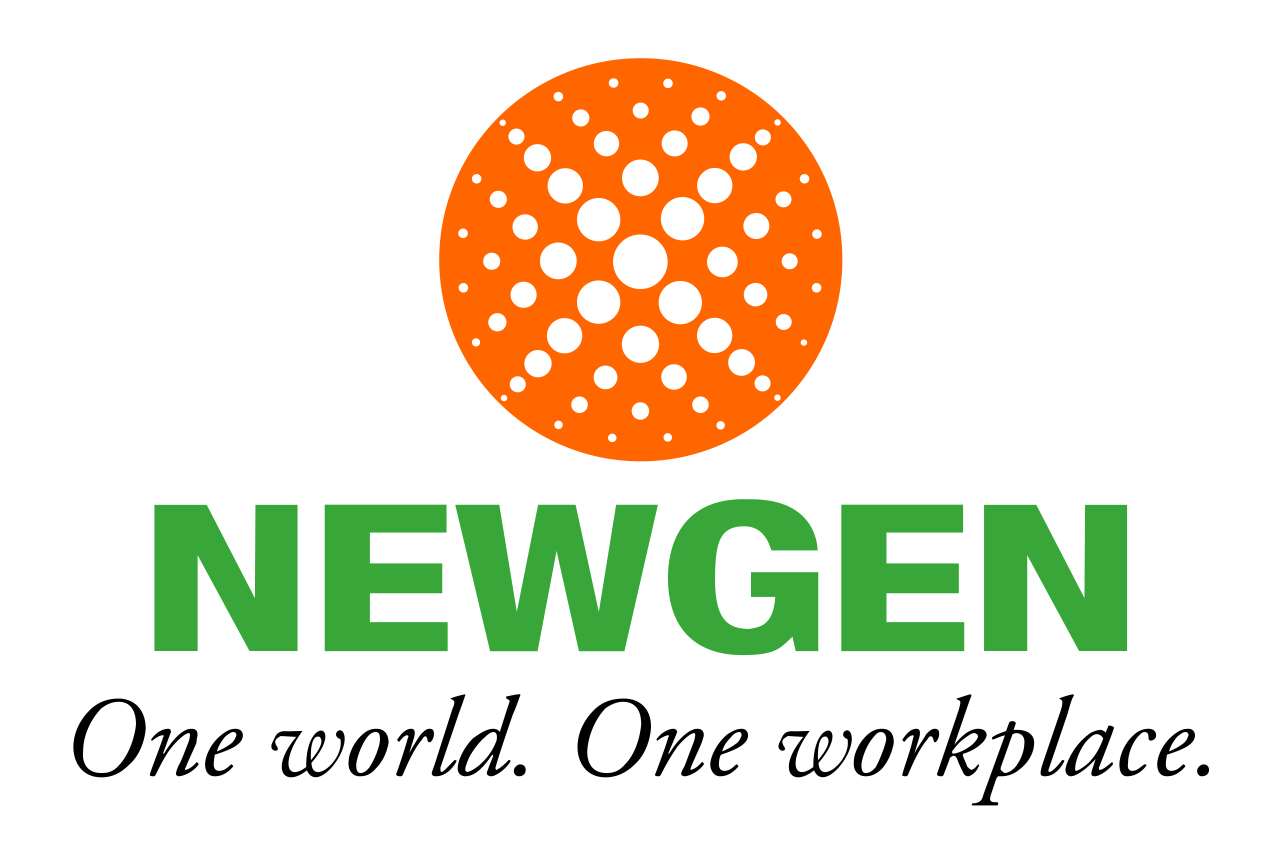
For years now, governments across the globe have tried to establish systems and processes that could make them accessible, transparent and responsive to citizens’ requests, complaints and general queries. Leveraging modern technology, many state and federal government agencies have transformed their service models and communication channels completely. This has helped them reach out to the remotest of geographies and connect with the most deprived sections of the society.
However, a processing time lag still persists, leaving a large chunk of citizens extremely dissatisfied and unhappy. Also, the high frequency of operational errors leads to work duplication and an aggravated amount of complaints and legal hassles. A major reason cited for this is the high degree of variance in citizen requests, often falling beyond the realms of operational guidelines. With a dynamic regulatory environment and rising expectations from citizens and employees, most public sector enterprises find themselves under serious performance pressure.

With so much happening in the exterior world, it is natural for organizations to look outside for answers. The solution, however, lies within. Traditional rule-based workflows operating across legacy systems are incapable of handling the dynamism fuelled by rapid technological innovations and evolved citizen behavior. While Business Process Management (BPM) allows government organizations to automate and optimize many critical processes, it fails to handle dynamic processes with multiple stakeholders, especially those that have a direct interface with citizens. These require large scale human intervention and collaboration at many levels to improve the quality of their outcomes. Herein, the role of Advanced Case Management Framework (ACMF) comes to light, as it provides government workers tools to access contextual information and the architectural flexibility to apply their domain knowledge at critical process junctures.
Case management frameworks (CMFs) represent an amalgamation of contextual capabilities integrated within the process design and its execution to transform resources into ‘knowledge workers’, helping them take highly informed decisions. Typically, case related information can be extremely diverse, residing across multiple participants, systems, data repositories and enterprise applications. CMF creates a parallel process environment allowing knowledge or case workers to retrieve and understand pertinent information, consult with subject matter experts and conduct active analysis of supporting data and content. It supports personalized workbenches for participants (based on role, preferences, access rights, and so on) and helps them make smart choices beyond rule driven automation.

Case Management enables governments to live the promise of truly connected governance. Highlighted below are some government functions that have benefited from the value offered by Case Management solutions, bringing agility and transparency into the process.
- Fraud Investigation – Enables Fraud Bureau of State agency to effectively track and manage investigation of fraud cases.
- Grievance Redressal – Helps in capturing citizen complaints and directing them to appropriate government officials for timely redressals. Also, it ensures end to end process mapping to remove any identifiable bottlenecks.
- Workers’ Compensation – Provides a common platform for the state agencies, employers, insurers, third party administrators, medical providers and workers compensation court to enable quick relief to workers who have sustained an accidental injury or occupational disease during the course of their labor.
- Social Welfare Services – Manages end to end social welfare services like child care, healthcare, food and shelter programmes etc.
Be a part of Elets Collaborative Initiatives. Join Us for Upcoming Events and explore business opportunities. Like us on Facebook , connect with us on LinkedIn and follow us on Twitter, Instagram.


